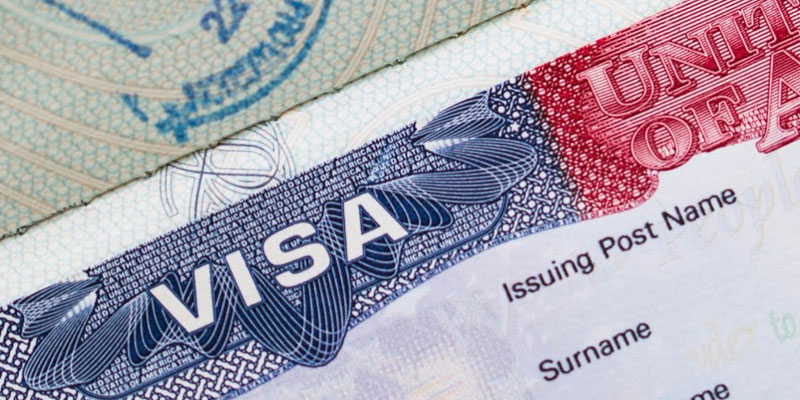Social Media Monitoring and US Visas
By Kim M Reynolds
As of May 31st of 2019, a new policy was implemented by the State Department requiring all visa applicants to the U.S. to submit five years of all social media history. While there has been long standing surveillance of online activity by the U.S. government, this move signals that the surveillance is now explicitly a part of the visa application process.
Here’s what to know and some strategies to build power over paranoia:
- This new policy will affect an estimated 14 million people annually. The collection of social media history of an estimated 15 million people goes beyond data points meant to assess the rhetoric of the individual. We know social media is full of intimate data like the identity of family members and friends, employment history, statuses of relationships and health, and addresses for everything from residency to schools. In this case, such sweeping surveillance not only affects the visa applicant, but an applicant’s connections as well. Additionally, the criteria for what would be a red flag for one’s application is also unclear.
- Secondly, the U.S. State Department is unclear in its responses to questions about how this data is being stored. A lack of clarity on the storage of large amounts of sensitive data can cause alarm for who has access and to what. Additionally, The Hill reported on a recent study done by the Brennan Center for Justice that law enforcement agencies share user data across various levels of jurisdiction and ranking. Allie Funk writes,
[T]he Department of Homeland Security, specifically Customs and Border Protection, can share social media data with federal, state and local government agencies, along with law enforcement and even multilateral governmental organizations and foreign states. Allie Funk, The Hill
- Thirdly, the chilling effects on discourse and dissent are real. Such policies no doubt make folks think twice about what they choose to think and express in relation to the U.S. By attempting to silence critique of the nation, America maintains an imperial project: it props itself up as one of the most important countries on Earth that is nearly always justified in is actions, whether it be surveillance, national security, or military intervention. Reuters cited Hina Shamsi, director ACLU’s National Security Project, saying
People will now have to wonder if what they say online will be misconstrued or misunderstood by a government official… We’re also concerned about how the Trump administration defines the vague and over-broad term ‘terrorist activities’ because it is inherently political and can be used to discriminate against immigrants who have done nothing wrong.
Hina Shamsi, ACLU
- Fourthly, this kind of policy isn’t necessarily new. It hearkens back to policies like COINTELPRO, a FBI counter-intelligence program instituted in the mid 1960s to neutralize and target 5 left and anti-racist movements. Most significantly, COINTELPRO targeted the Black Panther Party for Self Defense with a strategically focused set of actions. Out of the documented 295 actions of the program, 233 were directed at the BPP. Actions included sending anonymous letters to various chapters to sow mistrust, giving false and incriminating news on the Black Panthers to the media, and coordinating with local authorities to carry out everything from petty arrests to assassinations of major leaders. In this case, we can see the underpinning of COINTELPRO and this new social media policy, and it is a maintenance of power through the sustained subjugation of people of color and those critical of the United States.
With all this in mind, here are some strategies that can help combat surveillance:
- Firstly, it’s worth assessing your social media, both your privacy settings as well as well as your overall usage. Bloomberg recently reported that Facebook hired consultants and third parties to transcribe Facebook audio message to support the development of their AI systems. In this case, its worth moving communication and organizing over to more secure apps like Signal, or consider offline convenings as well.
- Secondly, it’s worth limiting the sharing of intimate details of yourself, that being addresses, timelines of education, significant dates, etc.
- Thirdly, talk with others: the silencing effect of policies that marginalize our voices are strongest when there is no collective resistance and knowledge creation. Talking with other people in your circles and communities can combat silence and bring to light the various experiences people are having. In this way, power can built rather than paranoia.
The below list includes great reporting and resources for further details.
The Hill – New US visa requirements threaten privacy and freedom of expression
Reuters– US visa applicants to be asked for social media history: State Department
Brennan Center for Justice– Social media monitoring
Black Youth Project– New social media checks for visa applicants show the dangerous transformation of surveillance in the US

